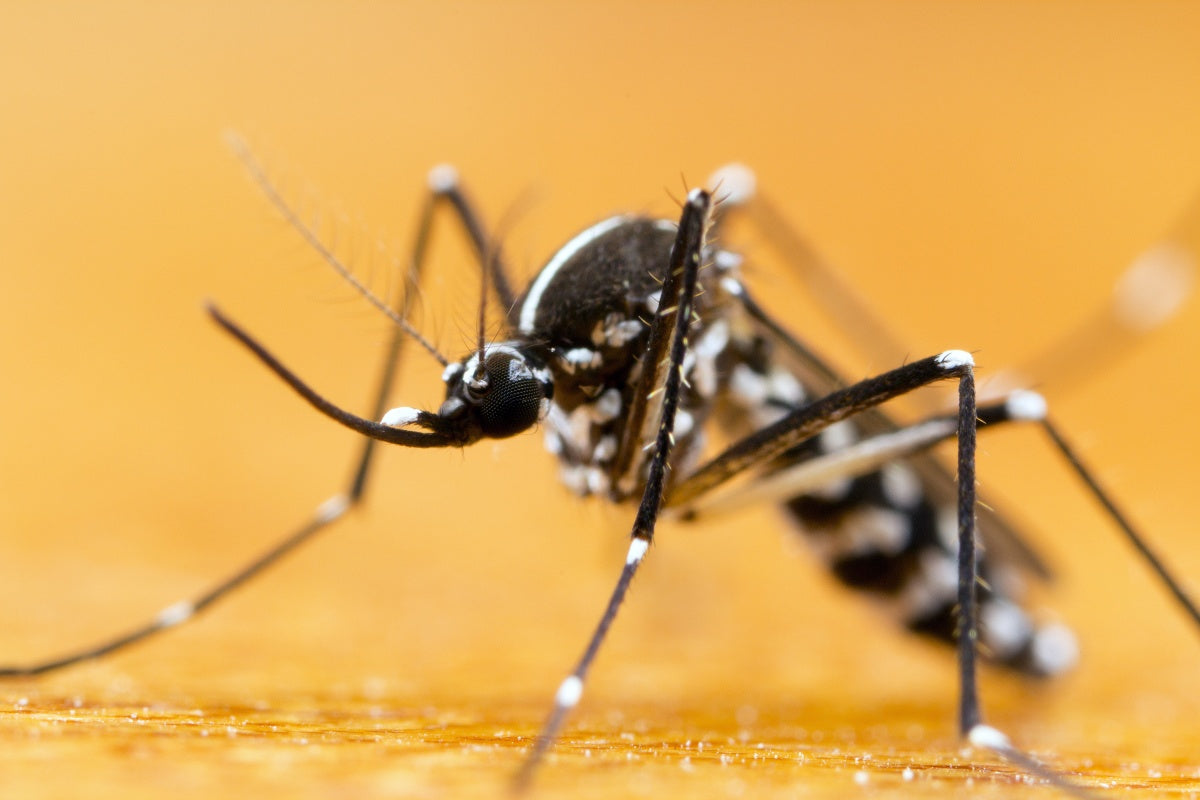
Essential Oils, Mosquitoes, and Your Skin Microbiome

Summer may be coming to a close, but with temperatures likely to remain elevated in many parts of the country well through fall, our Cofounder and Chief Medical Advisor, Dr. Mike Roizen wanted to share some recent findings related to mosquitoes and essential oils recently published on Science.Org (you can read the preprint here):
Want fewer mosquito bites? Maybe mess with your skin microbiome.
Just about everyone—from backyard grillers to global public health experts—would love it if mosquitoes didn’t bite people so often. But reliable deterrents are hard to come by (sorry, but that citronella candle isn’t doing as much as you think), and the ones that work have other drawbacks.
Intriguingly, some people simply don’t have much of an issue with mosquitoes because their skin doesn’t smell as good to the insects. Researchers from the University of California, San Diego, and Stanford wondered whether skin-dwelling microbes might play a part in producing these scents. Indeed, in a preprint posted to bioRxiv last week, they identify several compounds made by bacteria that both attract and repel mosquitoes.
The attractants are nothing new or surprising, but the repellents are more intriguing. Two chemicals naturally produced by skin bacteria—2-methyl butyric acid (which has a sweet, fruity scent) and 3-methyl butyric acid (which smells a bit like parmesan cheese)—were pungent enough to the insects that they reduced mosquito landing behavior by up to 81.6% and 99.6%, respectively. The team also tested a compound called geraniol, which is naturally produced by some plants and found in marketed repellents, and it worked almost as well.
Right now, the amount of these repellents produced on your skin depends on the specific composition of your unique microbiome. But the team suggests that in the future, one strategy for preventing mosquito bites could be to alter that composition, perhaps with a probiotic cream. One could even genetically modify skin microbes to produce fewer attractants or more repellents; bacteria could be engineered to produce geraniol, for instance. “Making the human scent unattractive has the potential to divert anthropophilic mosquitoes to feed upon other animals, reducing pathogen transmission and disease burden,” the team concludes.
Intriguingly, some people simply don’t have much of an issue with mosquitoes because their skin doesn’t smell as good to the insects. Researchers from the University of California, San Diego, and Stanford wondered whether skin-dwelling microbes might play a part in producing these scents. Indeed, in a preprint posted to bioRxiv last week, they identify several compounds made by bacteria that both attract and repel mosquitoes.
The attractants are nothing new or surprising, but the repellents are more intriguing. Two chemicals naturally produced by skin bacteria—2-methyl butyric acid (which has a sweet, fruity scent) and 3-methyl butyric acid (which smells a bit like parmesan cheese)—were pungent enough to the insects that they reduced mosquito landing behavior by up to 81.6% and 99.6%, respectively. The team also tested a compound called geraniol, which is naturally produced by some plants and found in marketed repellents, and it worked almost as well.
Right now, the amount of these repellents produced on your skin depends on the specific composition of your unique microbiome. But the team suggests that in the future, one strategy for preventing mosquito bites could be to alter that composition, perhaps with a probiotic cream. One could even genetically modify skin microbes to produce fewer attractants or more repellents; bacteria could be engineered to produce geraniol, for instance. “Making the human scent unattractive has the potential to divert anthropophilic mosquitoes to feed upon other animals, reducing pathogen transmission and disease burden,” the team concludes.
- Dr. Mike Roizen
Author of 9 NY Times Bestsellers including 4 #1 Bestsellers
Founder of The Longevity Playbook
Try it for free at LongevityPlaybook.com
Author of 9 NY Times Bestsellers including 4 #1 Bestsellers
Founder of The Longevity Playbook
Try it for free at LongevityPlaybook.com
Another way to make your skin smell worse to mosquitoes is the use of essential oils that contain these compounds the mosquitoes find offensive, like geraniol as mentioned in the study. Geraniol is a monoterpenoid alcohol found in many essential oils, including rose, geranium, and citronella. It is a secondary metabolite in plants, meaning that it is an adaptation associated with improving an organism's fitness in its environment, either by deterring predators or attracting pollinators and mates, whereas primary metabolites are those associated more directly with growth and reproduction.
Honey bees actually produce geraniol as well and use it to mark and protect nectar-bearing flowers and the entrances to their hives. It's important to note that while some of these compounds deter insects like mosquitoes, others can attract them, and since most essential oils contain a variety of these secondary metabolites and terpenoids, just because something contains geraniol doesn't necessarily mean it will help prevent mosquito bites, and may actually increase the risk.
As more studies come out regarding these fascinating compounds, hopefully we will continue to discover more natural and harmless ways of deterring mosquitoes and other biting insects, both for ourselves and the environment.
-
Aeroscena is an essential oil and aromatherapy company dedicated to providing safe and effective wellness solutions that are research-backed and evidence-based. Discover more at www.shopascents.com.


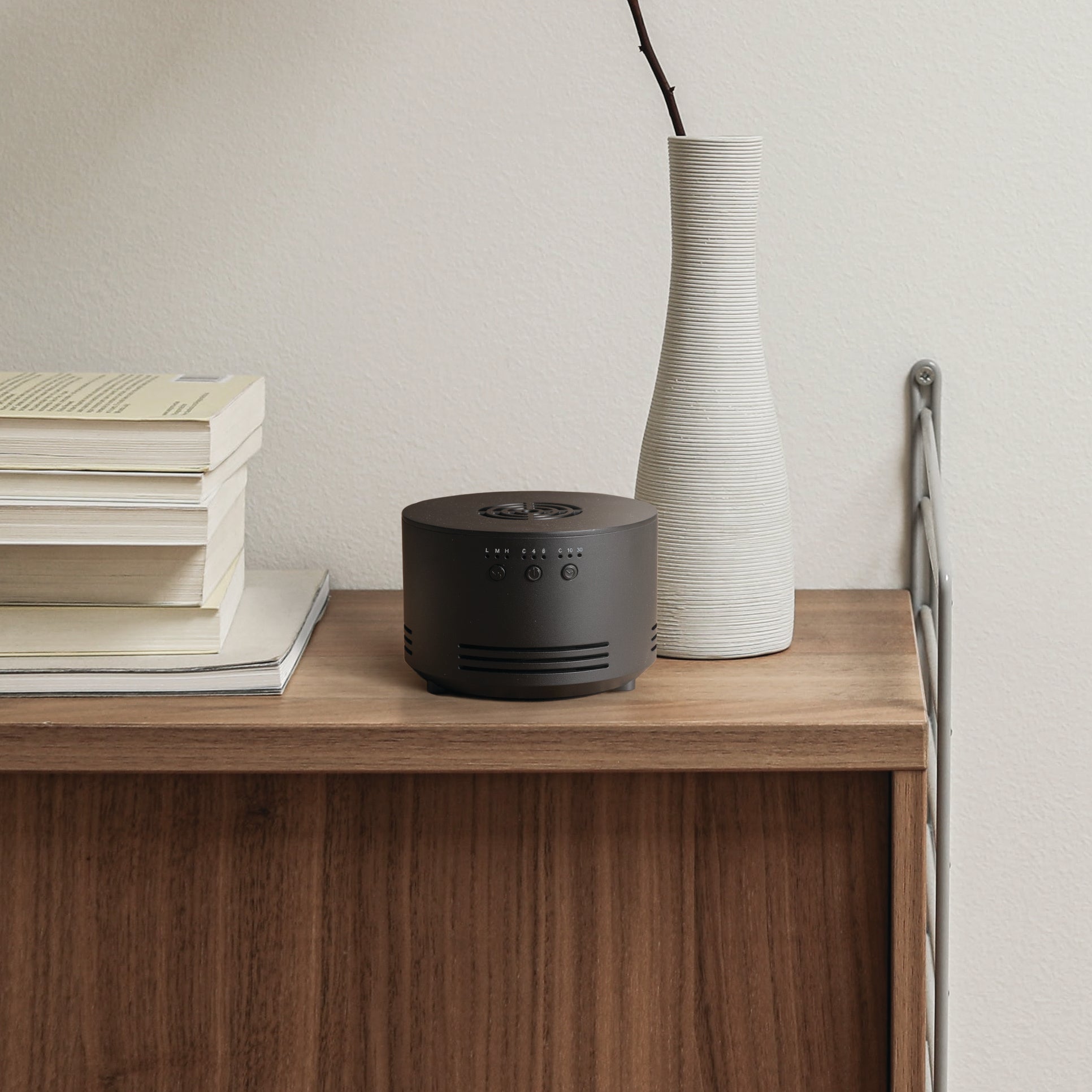
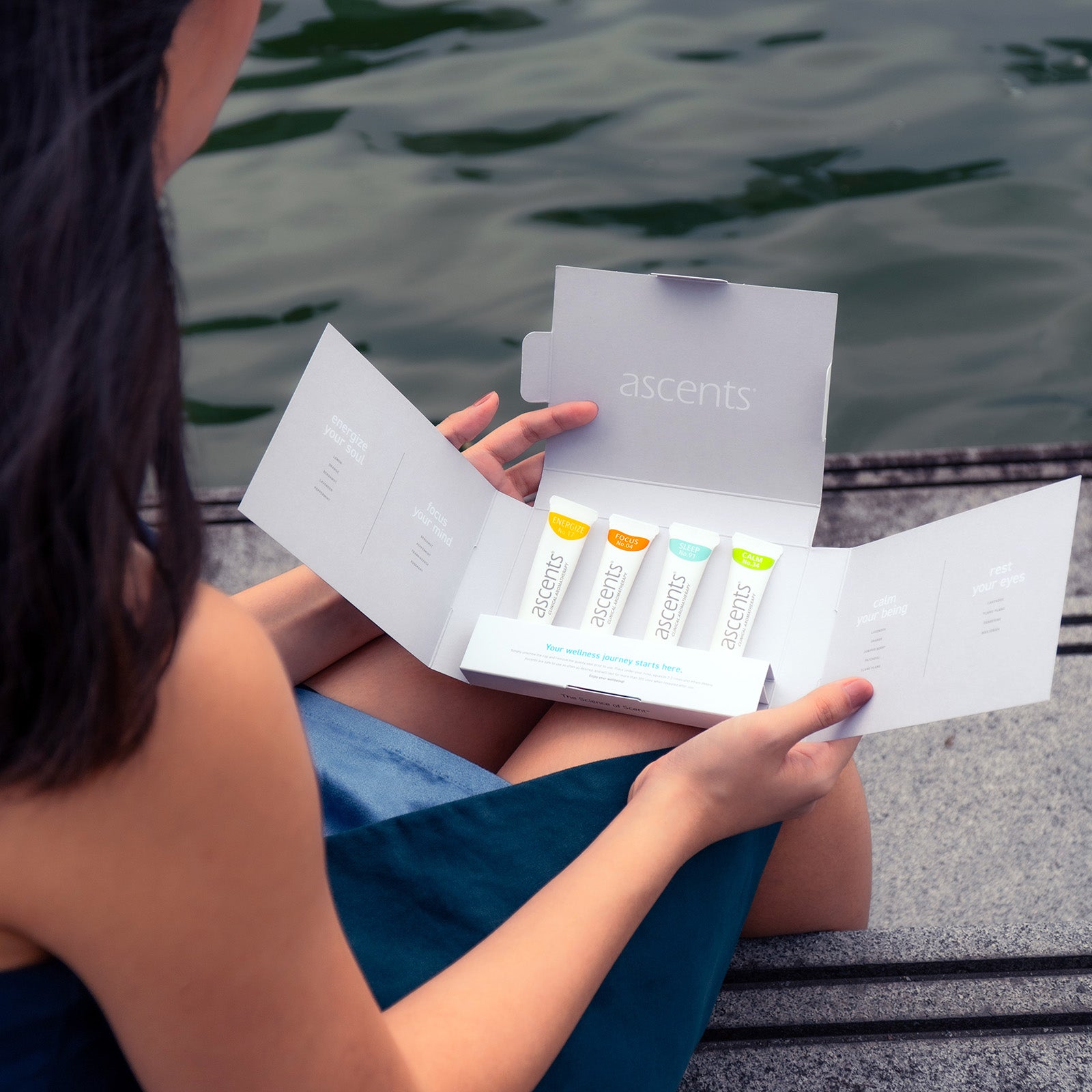



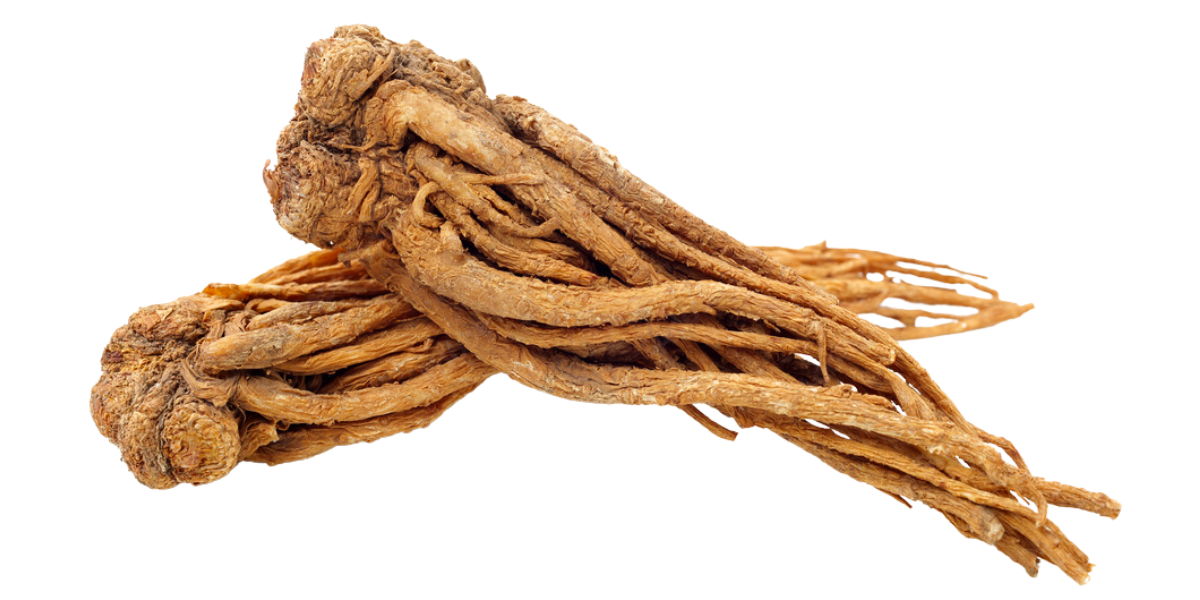
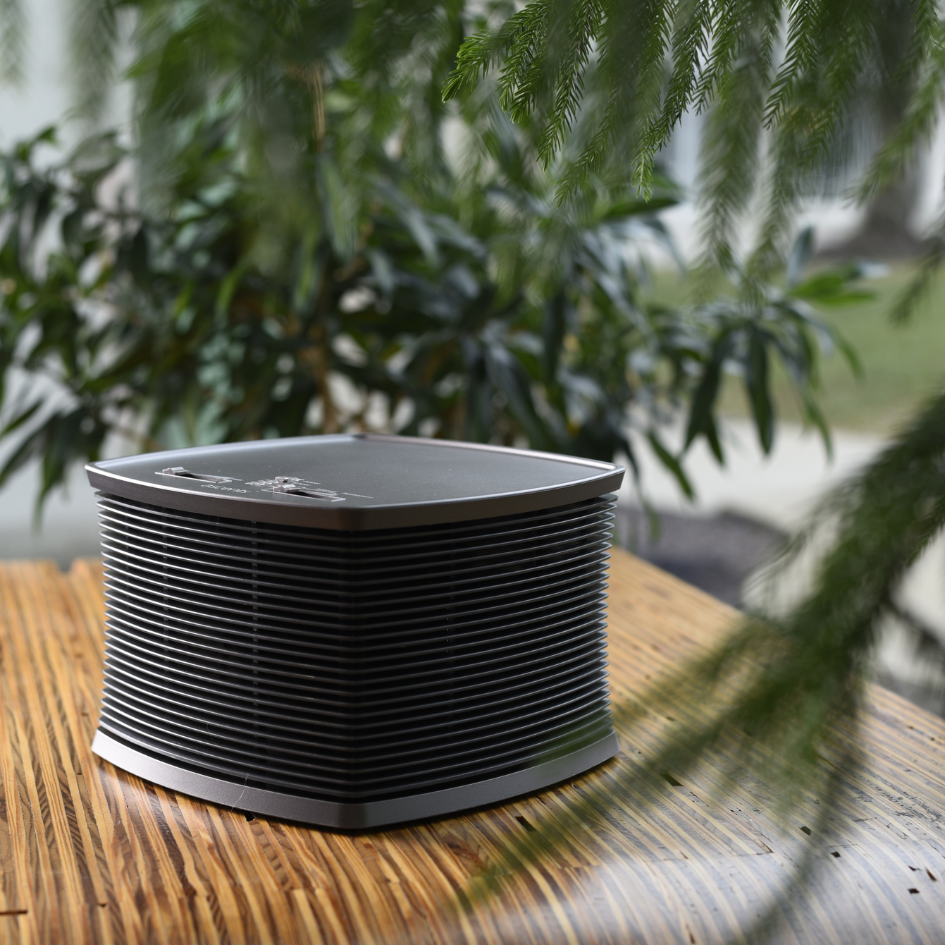
Leave a comment
This site is protected by hCaptcha and the hCaptcha Privacy Policy and Terms of Service apply.